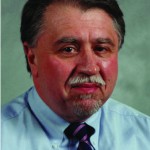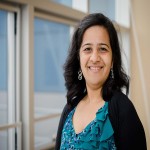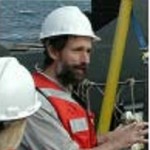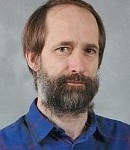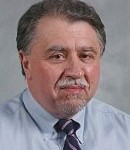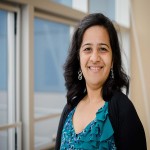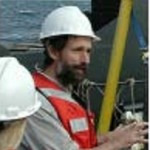Topic: Making the Case for Interdisciplinary Research and Practice to Improve Traditionally Technical Fields
Tim’s presentation title: “Getting Outside the Silos: Why Transportation Research Needs the Humanities and Social Scientists”
John’s paper title: ” Human and Social Research Approaches to Engineering Problems”
Abstract:
It is no secret that engineering, science, and technology not only dominate the Michigan Tech campus but also increasingly pervade our daily lives. Humans seek technology to improve living standards, protect us from the natural environment and our own actions, and create opportunities for further development, with and without adverse effects for us and our planet. In this increasingly technophilic world, the humanities, arts, and social sciences are often struggling to grab attention and resources, which both seem to flow more readily towards researchers in the physical sciences in order for them to provide solutions to our natural and human-created problems. In addition, researchers in the humanities and social sciences may be apprehensive working in fields dominated by engineers.
The presenters argue that this divide between the physical sciences and everyone else doesn’t need to and shouldn’t be there. Because engineers and scientists are seeking solutions to human problems, many of which can’t be solved with science and technology alone, it is natural, if not imperative, for them to form partnerships with those studying humans and human behavior.
Dr. Tim Colling, PE (Director, Center for Technology and Training in CEE/MTTI, PhD CEE) and John Velat (Director, Tribal Technical Assistance Program in CEE/MTTI, MS RTC) will examine problems in transportation and offer approaches for their investigation and solution, using knowledge, expertise, and understanding from outside engineering and physical science fields. They contend that the goal is not to separate engineering solutions from humanities, social, and arts-based solutions, but to recruit non-engineers in solving problems traditionally addressed by engineers as well as physical scientists. By demonstrating the wealth of problems in technical fields that the humanities, arts, and social sciences can contribute to solving, they hope to build cooperation and collaboration on campus and beyond by creating multidisciplinary teams that can effectively compete on what has been typically considered “hard science” research.

